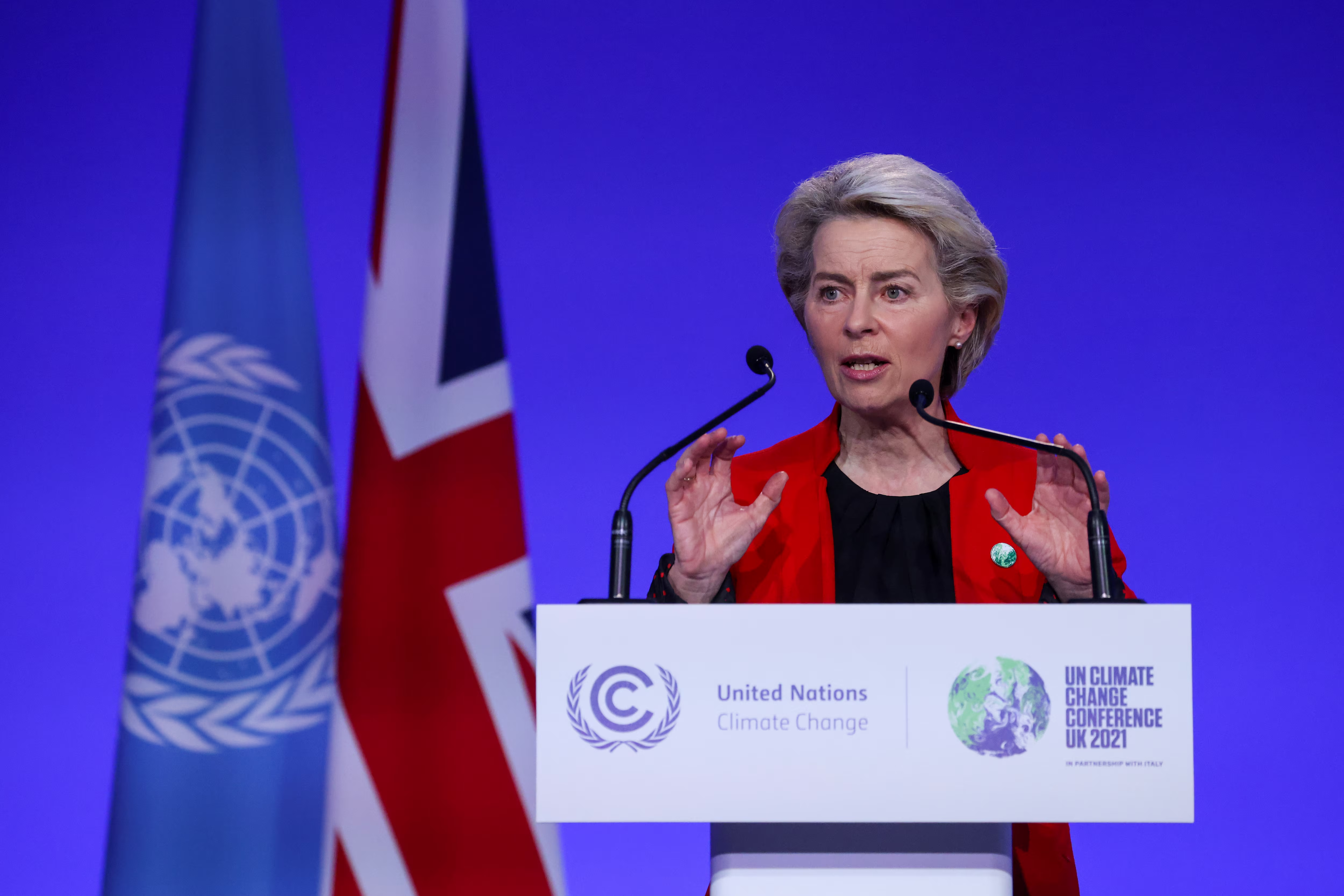As the climate crisis deepens, Europe is witnessing a seismic shift in financial priorities. Climate change adaptation spending has skyrocketed between 30.6% and 37.4% annually, yet alarming trends in job creation reveal a troubling paradox.
Record Investment in Climate Adaptation
According to Nature, European nations are now investing between 0.15% and 0.92% of their national GDP into climate adaptation. This surge reflects a growing recognition of the urgent need to address the catastrophic impacts of climate change. But while the dollars flow, the jobs don’t follow.
Job Creation Declines Amidst Increased Spending
Recent reports reveal that despite this significant increase in investment, job creation in sectors related to climate adaptation has seen a stark decline. This disconnect raises critical questions about the types of jobs being created versus those being lost. The capital-intensive nature of these investments often favors automation and technology over human labor, leaving many workers behind.
Automation Outpaces Employment Growth
As highlighted by the State of Europe"s Climate Investment, the shift toward technology-driven solutions means that fewer jobs are created per unit of investment. While this approach can increase efficiency and reduce costs for companies, it poses a severe challenge for workers, particularly in regions already facing economic hardship.
\n\n
Put a price on carbon, nature cannot pay": EU urges COP26 ...
Environmental Justice Implications
The disproportionate impact on marginalized communities cannot be ignored. As funds are funneled into high-tech solutions, workers in low-income areas, who typically lack access to the necessary training for these new jobs, are left to bear the brunt of this transition. The environmental justice movement demands that climate adaptation strategies prioritize not only ecological but also social resilience.
Calls for Inclusive Policy Frameworks
Progressive voices are advocating for policy reforms that ensure investments in climate adaptation also include provisions for job training and workforce development. The urgency of the climate crisis necessitates a response that uplifts communities rather than exacerbates existing inequalities. The current trajectory suggests a future where technological progress outpaces the capacity of the workforce to adapt, risking further economic disenfranchisement.
Future of Climate Investments in Europe
With the EU earmarking billions for energy transition projects, the potential for growth is significant. However, unless accompanied by targeted efforts to upskill the workforce and create equitable job opportunities, these investments risk leaving many behind. If Europe is to maintain its leadership role in climate action, it must embrace a holistic approach that includes both environmental sustainability and social equity.
Conclusion Without Conclusions
The stark reality of Europe’s climate adaptation landscape reveals a critical need for a reassessment of how investment impacts job creation. As we push for a sustainable future, ensuring that all communities benefit from these changes is paramount. The path forward must be inclusive, equitable, and driven by the voices of those most affected by climate change.

Cornell-OFR Conference on Global Climate Finance and Risks ...







![[Video] Gunfire between Iraqi security forces and Sadr militias in Baghdad](/_next/image?url=%2Fapi%2Fimage%2Fthumbnails%2Fthumbnail-1768343508874-4redb-thumbnail.jpg&w=3840&q=75)
